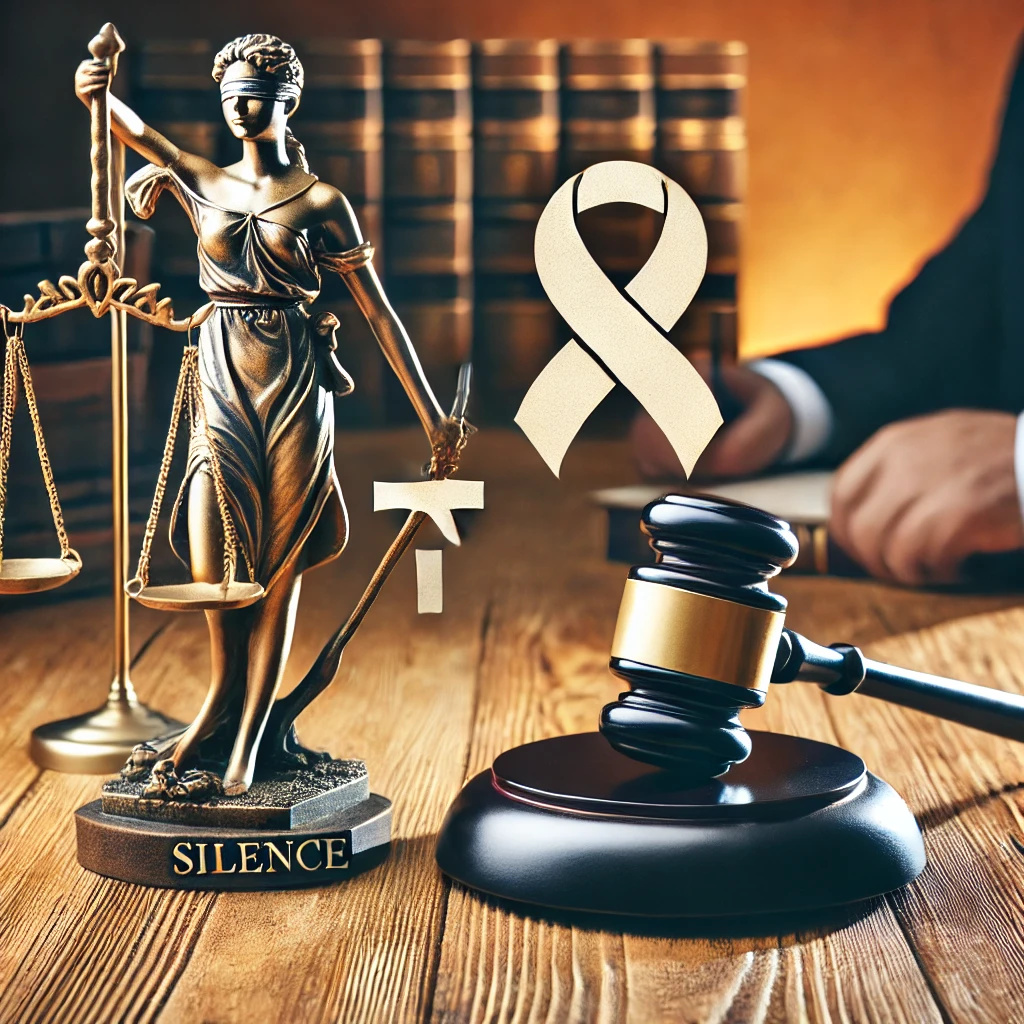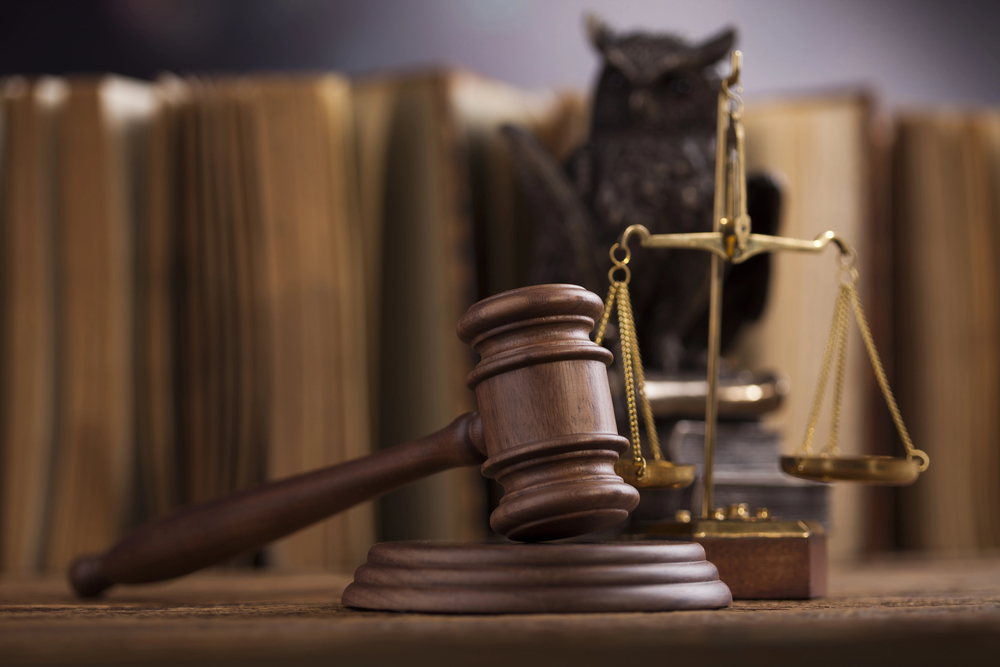Domestic violence is not always screaming, yelling, and physical strikes that leave the victim battered. Sometimes it is a subtle control and isolation that leaves victims separated from everything they once loved and wanted from themselves. Once, this kind of psychological and emotional abuse was not recognized by the State of New Jersey as domestic abuse. However, New Jersey recently added coercive control to the definition of domestic abuse, providing greater protection to victims of various kinds of abuse, not just physical harm. Let us take a look at how NJ law recognizes coercive control as domestic violence today.
Key Takeaways
- New Jersey law now recognizes coercive control, a pattern of emotional, psychological, and financial abuse, as a form of domestic violence.
- Victims of coercive control can now seek legal protections, such as restraining orders, even without physical abuse being present.
- The inclusion of coercive control broadens the definition of domestic violence, allowing more behaviors to be classified as abusive in court.
- Courts are now required to consider the full impact of coercive control, including emotional and financial abuse, when assessing cases.
- Abusers using coercive control face serious legal consequences, ensuring greater accountability under New Jersey law.

What is Coercive Control?
Coercive control is a pattern of behavior that abusers use to dominate and manipulate their victims over time. It involves a range of tactics, including emotional, psychological, and financial abuse, that collectively serve to isolate, intimidate, and control the victim. Unlike physical abuse, coercive control is often subtle and insidious, making it harder for the victim to recognize and escape from the situation. The goal of coercive control is to strip the victim of autonomy, independence, and sense of self, leaving him/her reliant on the abuser.
The New Jersey Law Including Coercive Control
Recently, in January 2024, Governor Phil Murphy signed a bill (S1809) that added coercive control to the list of acts that are defined as domestic violence, according to the Prevention of Domestic Violence Act. The act states that coercive control includes engagement in any of the following, along with other behaviors not listed that may be deemed abusive:
- Isolating a person from family, friends, and other sources of support;
- Depriving someone of necessities;
- Damaging property or household goods;
- Forcing a person to do a criminal activity;
- Monitoring, regulating, or controlling a person’s movements, including daily behavior, finances, access to services, employment, and communications;
- Compelling someone by force, intimidation, or threats to engage in conduct from which an individual has a right to abstain
- Degradation, demeaning, and name-calling;
- Threatening to release private information;
- Threatening to harm or kill an individual, child, or pet.
How Does the Addition of Coercive Control Affect Court Rulings?
Adding coercive control to the definition of domestic violence in NJ means that those suffering from abuse have a greater advantage in court. Here are some of the benefits:
Broader Range of Behaviors Covered
Including coercive control as a type of domestic violence means that a broader range of behaviors can now be considered abusive. Physical harm is no longer the pivotal action but just one example. This means that victims can seek legal protections even if they are not being physically abused—so long as the coercive control can be proven. However, the broader spectrum of behaviors means that there is also a greater chance of the abuser being found guilty of domestic violence in court.
Better Protections for Victims
The recognition of coercive control as a form of abuse means that those who are being emotionally abused can seek the same legal protections as those suffering physically. The NJ courts can now provide protective measures and restraining orders for those who have been inflicted with psychological harm, further protecting victims from their abusive partners.
Greater Legal Remedies
As mentioned above, coercive control victims now have access to legal remedies that were unavailable before, including restraining orders and protective measures. For victims with children, they can now request supervised visitation and may even be granted sole possession of the home.
Comprehensive Abuse Assessment
Rather than focusing on the physical impact of abuse, the courts must now look at the overall effect of controlling behaviors. Courts can now accurately assess the abuse and the circumstances surrounding each individual case while considering financial, emotional, and psychological abuse alongside physical abuse.
Greater Accountability for Abusers
Even in the absence of physical abuse, those who have intentionally harmed another are now faced with serious legal consequences. The legal system in NJ holds coercive controllers accountable for their harmful actions.

Divorcing After a Short-Term Marriage in New Jersey: Do The Same Laws Apply?
What to Do If You Suspect Coercive Control
If you suspect that you or someone you know is experiencing coercive control, here are the steps you should take:
- Recognize the Signs: Understand the behaviors associated with coercive control, such as isolation, manipulation, monitoring, and emotional abuse.
- Document the Abuse: Keep a record of incidents, including dates, times, and descriptions of the controlling behavior, as this can be crucial if legal action is needed.
- Reach Out for Support: Talk to trusted friends, family members, or professionals who can offer emotional support and practical advice.
- Consult a Professional: Seek help from a domestic violence advocate, therapist, or attorney who specializes in coercive control and can provide guidance on your options.
- Develop a Safety Plan: If you are in immediate danger, create a plan for safely leaving the situation, including where you can go, how to protect your personal information, and how to secure financial resources.
Resource Box
-
National Domestic Violence Hotline:
-
Phone: 1-800-799-SAFE (7233)
-
Chat: Online Chat
-
Text: “START” to 88788
-
-
Local Support Groups or Shelters in New Jersey:
-
To find local resources, you can visit:
-
For immediate help, consider contacting:
-
New Jersey Coalition to End Domestic Violence
-
Phone: 609-584-8107
-
Website: NJCEADV
-
-
Additional resources include:
-
Jersey Battered Women’s Services (JBWS)
-
Phone: 973-267-4763
-
Services: Emergency shelter, counseling, legal advocacy
- Website: https://jbws.org/
-
-
Women Aware
-
Phone: 732-249-4900
-
Services: Domestic violence services, shelter, legal advocacy
- Website: https://womenaware.net/
-
-
-
-
-
Legal Advocacy – Ziegler Law Group, LLC:
-
Specialty: Domestic Violence, Family Law, Divorce
-
Phone: 973-533-1100
-
Location: New Jersey, USA
-
Website: https://zieglerlawgroupllc.com/
-
Take Control of Your Safety and Future
Navigating the aftermath of domestic violence or litigation abuse can feel overwhelming, but you don’t have to face it alone. Download our free guides today to arm yourself with knowledge, strategies, and hope:
- 📄 “Overcoming Domestic Violence in NJ“
Discover actionable steps to protect yourself and rebuild your life, from securing restraining orders to accessing local support networks. - 📄 “The Impact of Domestic Violence on Children“
Learn how to safeguard your children’s well-being and advocate for their needs during custody battles. - 📄 “Your Guide to Safety and Legal Protection“
Get clarity on your legal rights, financial safeguards, and how to hold abusive partners accountable in court.
Contact an NJ Domestic Abuse Lawyer Today to Learn More
New Jersey’s recognition of coercive control as a form of domestic violence marks a significant step forward in protecting victims from all forms of abuse, not just physical harm. By understanding the legal implications and recognizing the signs of coercive control, victims can take action to reclaim their autonomy and safety.
If you or someone you know is experiencing coercive control, it is crucial to seek legal assistance. At Ziegler Law Group, LLC, our experienced attorneys are here to provide the support and guidance you need. Contact us today at 973-533-1100 for a confidential consultation and take the first step toward freedom from abuse.







